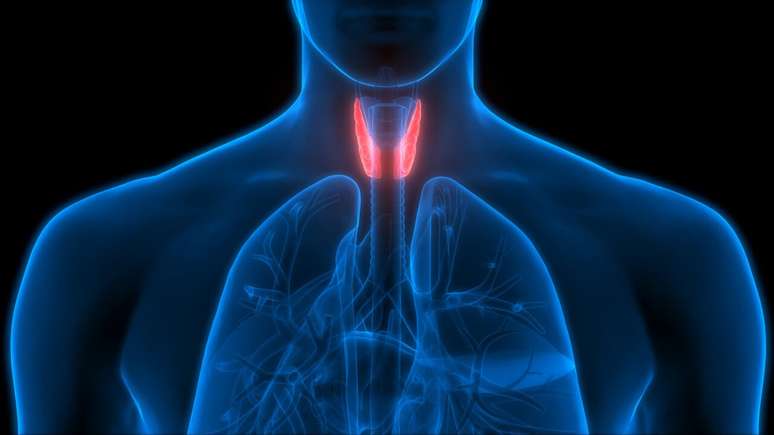Find out how to identify the condition and what it can do to your body
To better understand what it is about symptoms of Hashimoto’s syndrome, you must first know the origin of the condition. And according to Dr. Paula da Rocha Jaskulski, a doctor specializing in endocrinology and metabolism at the State University of Campinas (UNICAMP), the problem is directly related to metabolism. In the end, It is a chronic autoimmune inflammation of the thyroid.
The gland is responsible for the production of the thyroid hormones, T3 and T4, which are responsible for metabolism. When hypothyroidism is present, what happens is its reduction.
Symptoms of Hashimoto’s syndrome
“After this, the patient begins to feel: tiredness, drowsiness, menstrual changes, reduced libido, difficulty concentrating, constipation, dry skin, heartbeat that may slow down and hair loss and fluid retention also occurs, making the patient gain patient about 3 kg,” he explains.
After detecting symptoms, laboratory tests are carried out, such as measuring TSH, which is produced by our pituitary gland and is the “master” of the thyroid. “When the production of T3 and T4 is reduced, TSH increases in an attempt to compensate for this reduction in hormone production. Initially, this may maintain some balance. However, over time, it is not enough and the patient develops a reduction in the production of T3 and T4. hormones T3 and T4, which is called frank hypothyroidism”.
Diagnosis and treatment
Although it is a disease for which there is no cure, treatment is usually effective in controlling symptoms. “We carry out hormone replacement with levothyroxine, varying the dose as appropriate. Often adjustments will be necessary during treatment. There is much speculation about factors that could mitigate the attack on thyroid cells, such as selenium and vitamin D, but studies have not yet been able to demonstrate this benefit,” says the edcrinologist.
To live with Hashimoto’s Syndrome it is necessary to consume certain foods in moderation, such as cauliflower, soy, turnips, they are rich in isoflavones and thiocyanate, which can slightly reduce the absorption of intestinal iodine and could lead to a more rapid progression of hypothyroidism .
“Furthermore, the patient needs to lead a healthy life, that is, create a routine with physical activity, a balanced diet, eliminate excess alcohol, smoking and control stress to protect himself and prevent the disease from progressing” concludes Dr. Jaskulski .
Source: Terra
Ben Stock is a lifestyle journalist and author at Gossipify. He writes about topics such as health, wellness, travel, food and home decor. He provides practical advice and inspiration to improve well-being, keeps readers up to date with latest lifestyle news and trends, known for his engaging writing style, in-depth analysis and unique perspectives.









